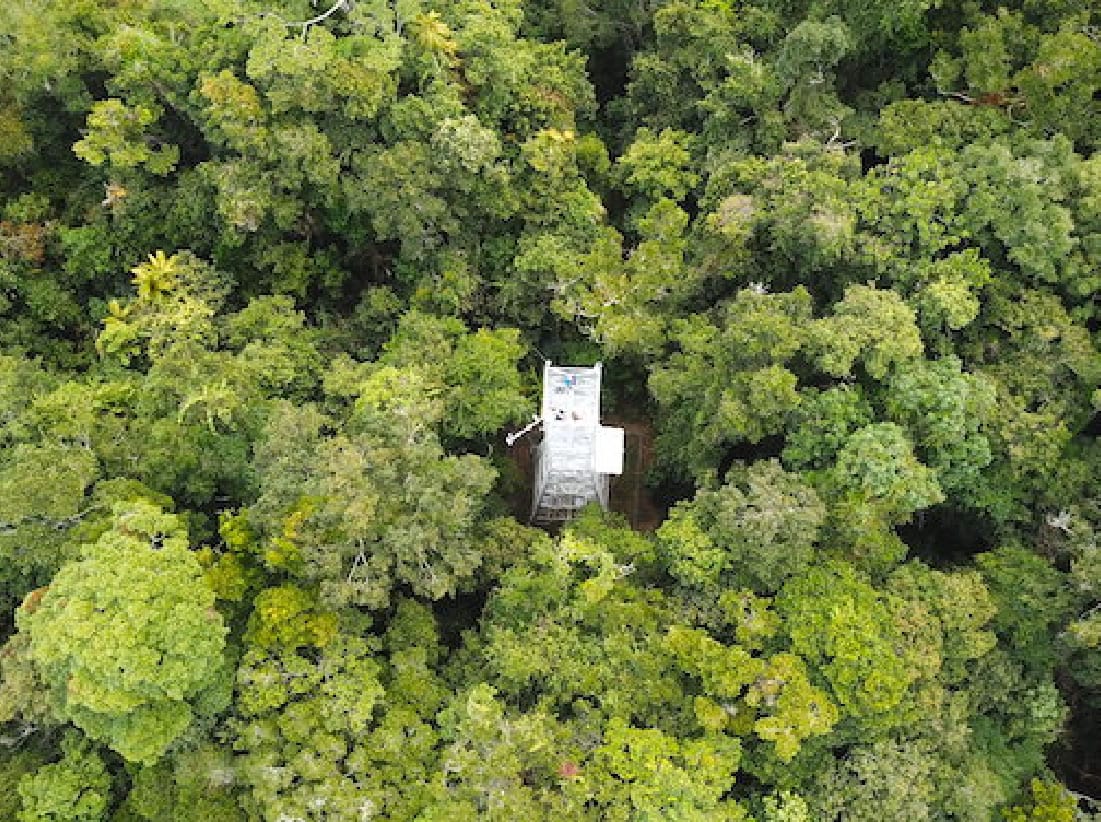As it approaches its half-year milestone, the National Environmental Prediction System (NEPS) Scoping Study is set to embark on a broad consultation process that will help shape a support system for Australia’s research and decision-making communities.
After releasing version one of the NEPS Scoping Study Discussion Paper in late 2018, the first stage of the NEPS consultation process was undertaken in early 2019 and involved the Expert Panel meeting with an initial representative group of stakeholders to refine the Panel’s approach.
The stakeholder group, comprising both potential end-users and potential providers of environmental monitoring and assessment information, was drawn from the following organisations:
- Threatened Species Research Hub (NESP)
- NT Environment Protection Authority
- WA Environmental Protection Authority
- Centre for Air Pollution, Energy and Health Research
- For more information on this research please contact Dr Tonantzin Tarin
- Commissioner for Environmental Sustainability Victoria
- EnHealth
- NRM Regions Australia
- National Earth and Environmental Science Facilities Forum
The results of these pilot consultations reaffirmed the community’s desire for a NEPS. In fact, despite not being exactly sure what a NEPS will resemble, it was unanimous that a NEPS is not just desirable, but essential.
Amongst many other findings, the consultations also revealed that the Scoping Study, in its design of a future NEPS, must have strong links with the end user and decision-making communities from the beginning.
To incorporate these desires and issues, the Expert Panel is currently drafting a revised Discussion Paper. The new Discussion Paper will clearly state that the Panel is serious about interfacing with the end user community, in particular the researchers and decisions makers in the areas of environmental planning and regulation, natural resource management, State of the Environment reporting, and emergency management.
As part of this, it will present plans to work with technical advisors to map and generate a detailed example of a NEPS that the community can evaluate and respond to. To achieve this, the expert panel and its advisors will conduct in-depth consultation with end user and research user communities to elicit user requirements.
Once a detailed engagement strategy is developed, in-depth consultations will commence in mid-2019 and will be conducted over a 6-month period.
- For more information on the NEPS Scoping Study please visit http://www.science.uq.edu.au/neps or email tern.office@uq.edu.au







